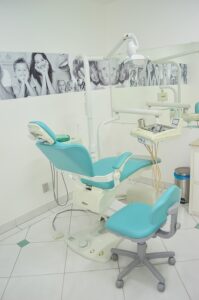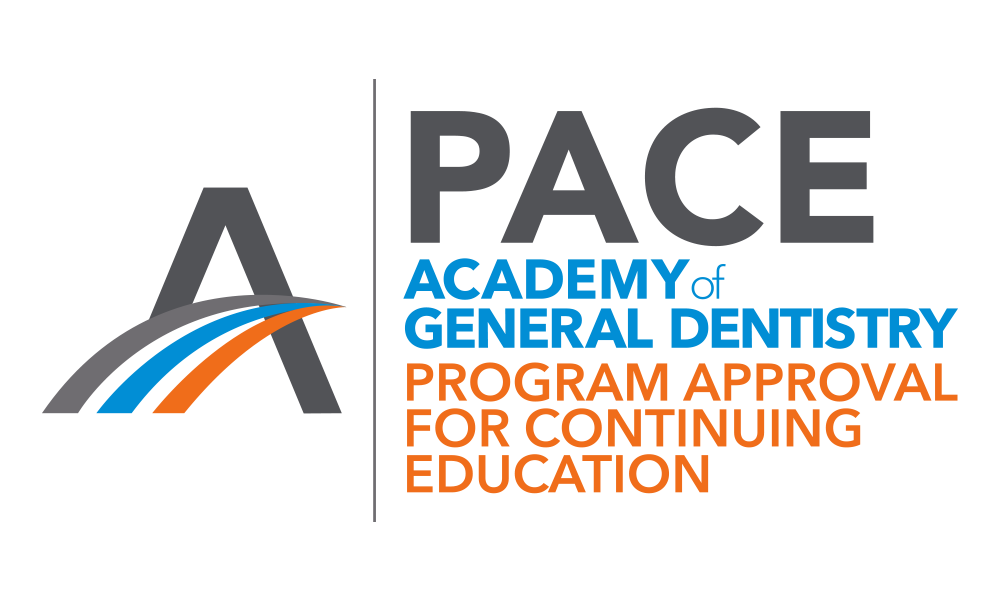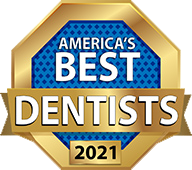 Maintaining your gum health is vital to your overall health. When you visit our office for an examination, our trained hygienists perform a periodontal exam. In fact, during your examination, our team is quietly assessing your oral health by performing a number of checks. Here’s what you need to know about periodontal disease.
Maintaining your gum health is vital to your overall health. When you visit our office for an examination, our trained hygienists perform a periodontal exam. In fact, during your examination, our team is quietly assessing your oral health by performing a number of checks. Here’s what you need to know about periodontal disease.
Many Names, One Illness
You may have heard periodontal disease referred to as gum disease or gingivitis. Periodontal disease is the inflammation and infection of your gums. These names are frequently used interchangeably.
Signs & Symptoms
Periodontal disease may be marked by swollen and red gums. Bleeding, especially while brushing and flossing, may also occur. Another symptom of periodontal disease is persistent bad breath. If you experience any of these symptoms regularly, please contact our office.
Periodontal Disease Can Impact Your Overall Health
Your gum health is linked to your overall health. If left untreated, periodontal disease can lead to bleeding gums, gum recession, and tooth loss. The effects of periodontal disease extend well beyond your mouth. In fact, according to the American Academy of Periodontology, the disease can increase your risk of developing heart disease, diabetes, and stroke.
While you may think of your teeth as the primary reason to visit our office for a regular examination, understand that our team is looking beyond your teeth to assess your oral health and potential impacts on your overall health. Talk to our experienced team if you experience any signs or symptoms of periodontal disease. Our team is trained to identify signs of periodontal disease. When detected early and managed properly, periodontal disease is treatable.
For more information regarding your gum health, please contact our office, or schedule a visit to see us.


 Loose teeth, bad breath, and painful, bloody gum
Loose teeth, bad breath, and painful, bloody gum



 Radiographs, or x-rays, provide important diagnostic information for your dentist, allowing for proper and accurate treatment. The technology behind radiographs has improved rapidly over the last few decades, becoming safer, more accurate, and easier to use. Read our guide on what makes dental radiographs an important step to protecting your oral health.
Radiographs, or x-rays, provide important diagnostic information for your dentist, allowing for proper and accurate treatment. The technology behind radiographs has improved rapidly over the last few decades, becoming safer, more accurate, and easier to use. Read our guide on what makes dental radiographs an important step to protecting your oral health. Are you a diligent brusher who grabs the toothbrush as soon as you finish each snack or meal? While there are significant benefits to regular brushing, hurrying your hygiene might be doing more harm than good. The key lies in understanding the effects different types of food and drinks have on your teeth.
Are you a diligent brusher who grabs the toothbrush as soon as you finish each snack or meal? While there are significant benefits to regular brushing, hurrying your hygiene might be doing more harm than good. The key lies in understanding the effects different types of food and drinks have on your teeth. Poor oral health is usually linked with bad breath, and rightfully so. But as it turns out, keeping your gums healthy helps lower your risk for many diseases, including the following:
Poor oral health is usually linked with bad breath, and rightfully so. But as it turns out, keeping your gums healthy helps lower your risk for many diseases, including the following:








